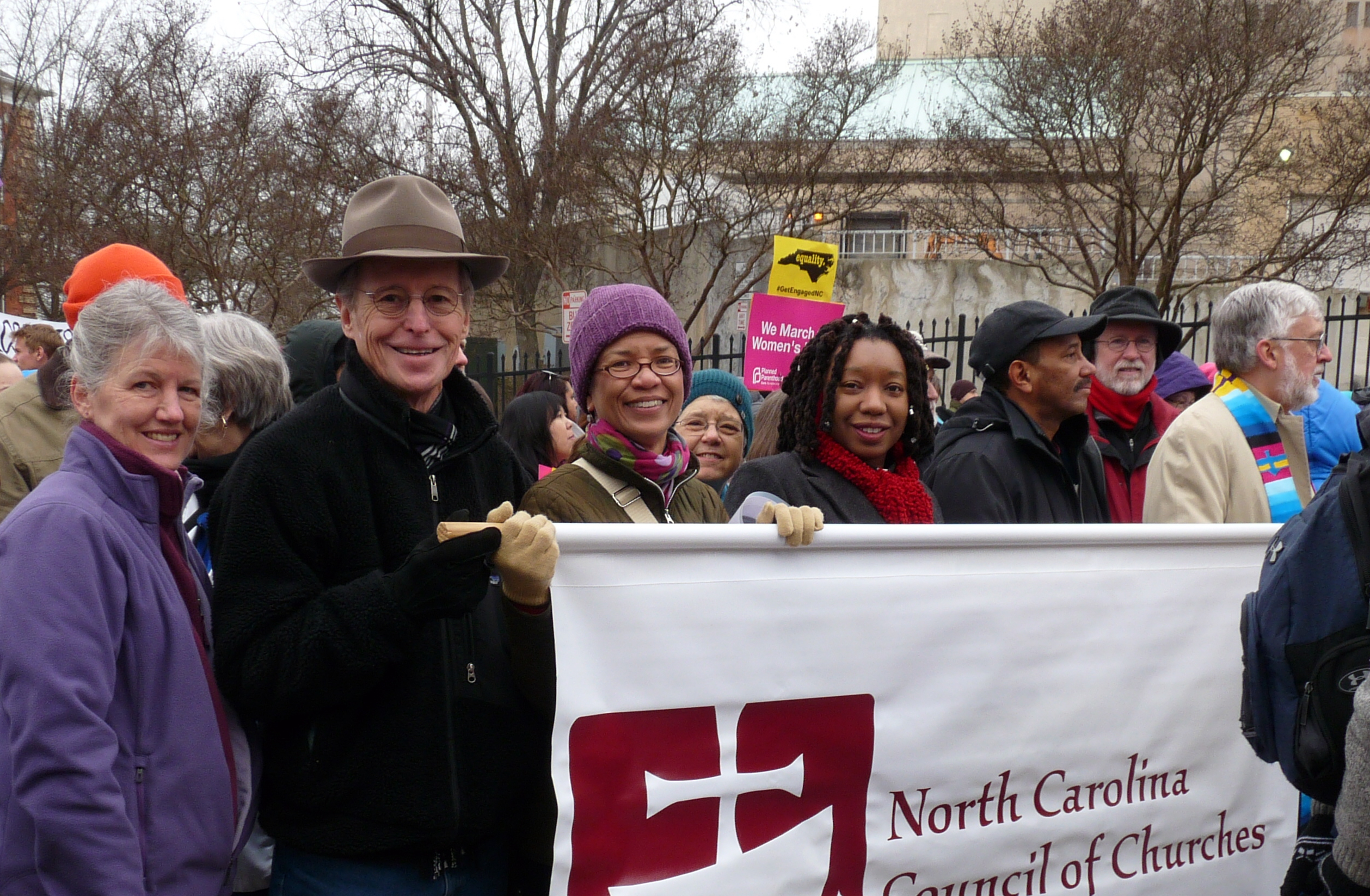In an earlier blog, I noted a congregation’s questions about becoming a partner with HKonJ. If you haven’t seen that blog, please click here. It contains information that will be relevant to what follows and addresses the question of whether such participation would threaten a non-profit’s tax status.
In addition to the question about tax-exempt status raised within the congregation, a second question was about the separation of church and state.
This broader church-state question may be harder to explain than the tax-exempt question, but it is equally clear. The concept of separation of church and state is found in the First Amendment to the US Constitution; it is a bar to government action only and is not directed to private action such as that of a church. Churches which engage in issue-based advocacy are not violating the separation of church and state. The exact wording of the First Amendment states that “Congress shall make no law respecting an establishment of religion or prohibiting the free exercise thereof.” While the words “separation of church and state” do not appear in the Constitution — the term comes from a letter written by Thomas Jefferson to a group of Baptists in Connecticut — the concept is clearly present in the language of the Constitution. Congress (and, by extension, the states) cannot “establish religion.” This means that government can’t favor Protestants over Catholics, Baptists over Methodists, Christians over Muslims, or believers over atheists. And Congress and the states cannot interfere with “free exercise.” This means that government cannot forbid people from going to church or tax them for doing so or prohibit Methodists from baptizing babies or tell any denomination that they have to ordain people who are gay.
But a church’s decision to join HKonJ or to oppose the Marriage Amendment or to support voting rights or to oppose abortion does not violate the First Amendment because it is not action of the state. It is not the state requiring the church to oppose the Marriage Amendment or any of the rest of these things. The doctrine of the separation of church and state is a limitation on what the state can do.
What these decisions raise, I would argue, is a point about a congregation vis-à-vis its own people. I’m a lifelong Baptist, so let me talk about what I know best. We believe strongly in the freedom of conscience (“soul freedom”) and the autonomy of the individual believer. Nobody can tell me what I must believe about Medicaid expansion or same-gender marriage or abortion. No pastor, no board of deacons, no denominational leader, no decision by my denomination or my congregation. This is a concept that applies more broadly than just to public policy issues. Neither my pastor nor my denomination can tell me what I must believe about infant baptism or salvation or the power of prayer.
To apply this to the HJonK question and other matters of taking positions on issues, it is a question of internal church decisions, not church-state separation. So a congregation (or even a denomination) could choose not to take positions on controversial issues for the lofty reason that doing so might impinge on the freedom of conscience of its members. Or it might do so for more pragmatic reasons, such as concern that taking positions on controversial issues might damage the sense of fellowship within the church or might alienate the church’s most generous contributor. But that decision, and those reasons, have nothing to do with the separation of church and state.
One last point – In spite of both the First Amendment and soul freedom, both state and church do make decisions infringing on how people practice their faith. The most famous example on the state side has to do with Mormons and polygamy. The US Supreme Court, way back in 1878, ruled that Mormons could believe whatever they wanted to about polygamy, but the state had to right to crack down on their practice of polygamy by making it illegal. On the church side, my congregation can’t tell me what to believe about whether communion should use wine or grape juice, or whether baptism is by immersion or sprinkling, or whether it’s OK for women (or gays) to be ordained. However, by its decisions, my congregation limits my practice of those beliefs within that congregation as follows: communion is with grape juice, baptism is by immersion, and my pastor is a lesbian. If it were important enough to me to practice those beliefs in a different way, I’d need to find another church.
But that has nothing to do with the separation of church and state.


